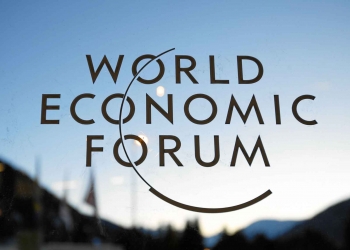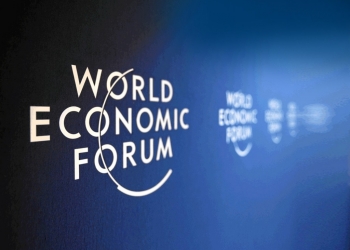Beef – along with pork, chicken and other animal-based proteins – is energy‑dense and protein‑rich. But the purpose of this study is to drive discussions in Davos this month, where for the first time a growing body of major industry producers, as well as environmental organizations, are coalescing around the need to create alternatives to farmed animals. Such a broad base of support will be essential if the world is to have any chance of meeting the Paris Agreement goals.
The conclusion that structural reform is needed to reduce our reliance on beef and dairy is fairly clear-cut, but there are some interesting nuances that come to light. Lab-grown meat has generated a lot of excitement as a potentially healthier, more ethical and more sustainable alternative, but its health benefits compared with traditional beef are marginal, and for the time being are still quite emissions intensive.
This is largely because production is in its infancy and lacks economies of scale. The hope is that, once production becomes optimized, it should be possible to produce lab-grown meat locally in cities, in much the same way that craft breweries make beer today. Mycoprotein, while being a protein hero, does less well when it comes to emissions, indicating that a good mix of protein sources is going to be key if we are to eat more optimally.
Working with the Oxford Martin School in the UK, we’ve found that incorporating meat alternatives into diets could reduce diet-related mortality by 5%.
The beef and dairy industries are hugely important: not only are they popular with consumers, but livestock also provides livelihoods for an estimated billion people worldwide. Animals are also good at consuming vegetable waste. The main challenge is that the demand for beef is rising with no sign of a plateau, and this is not good for the environment or our health.
So, if we should eat less beef, what are the alternatives? Pork and chicken are excellent alternative sources of protein that produce significantly less GHG emissions, but using them as a beef replacement would only reduce mortality by between 0.5-1%.
True Or False? YES or NO?
EU Debates! You?
Your opinion counts!











